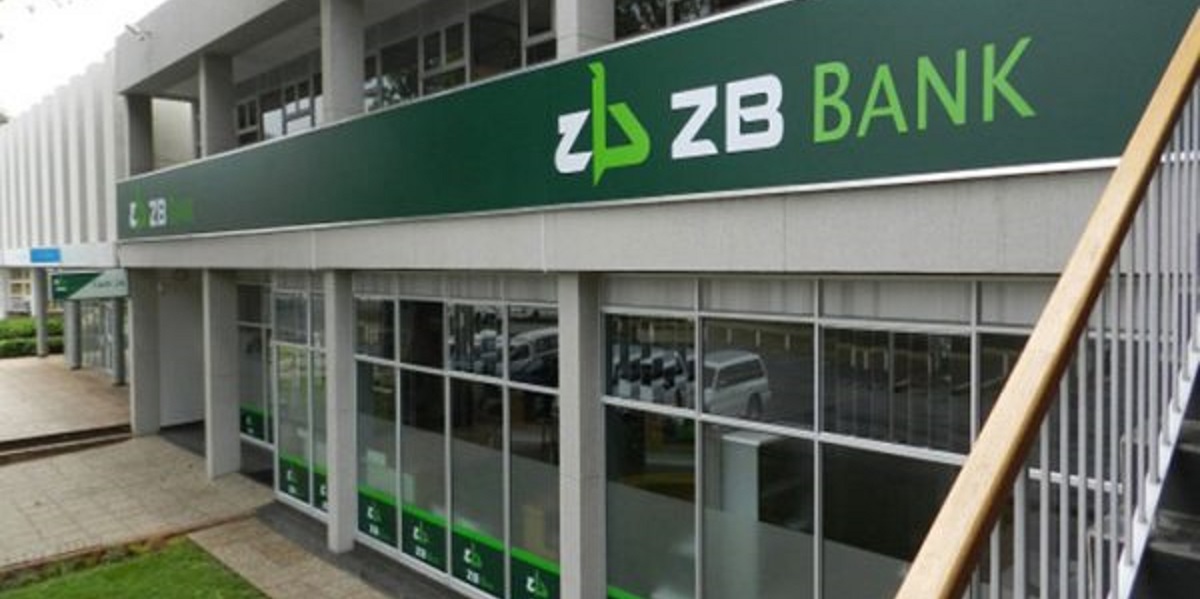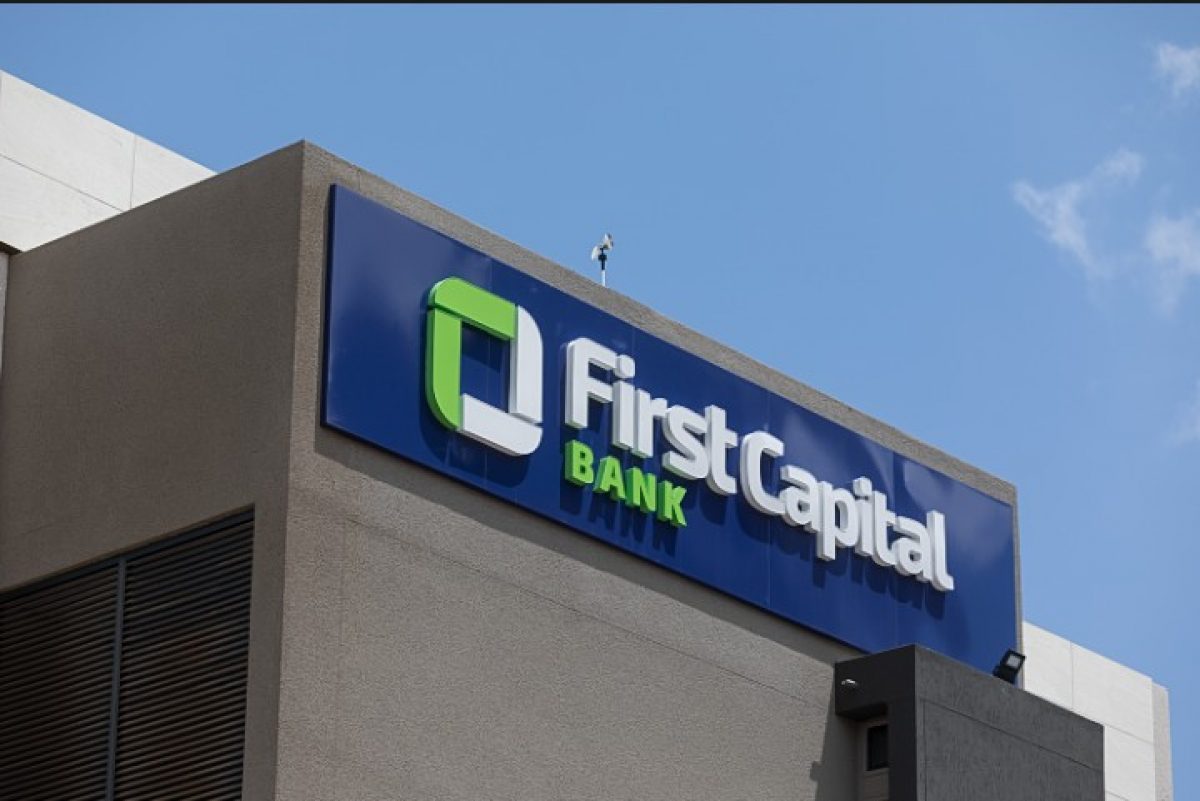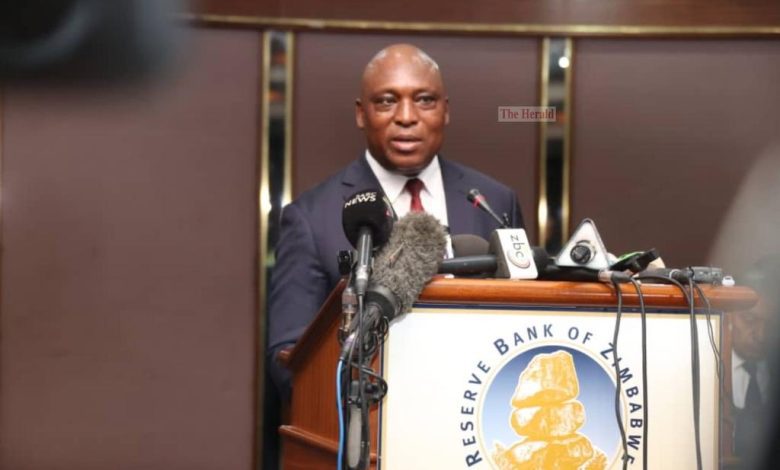Padenga unit beats volume decline, remains profitable
PADENGA Holdings’ agribusiness division, a cornerstone of Zimbabwe’s luxury exports economy, continues to chart a profitable course despite a maturing crocodile skins market.
While the segment remains a significant revenue generator for the diversified mining and agribusiness group, executives are signalling a strategic shift towards cost discipline as global demand softens and competition intensifies.
Padenga Agribusiness (PAB), renowned for its premium Nile crocodile skins, reported a mixed yet resilient performance for 2024. Despite a 40 percent year-on-year slump in skins sold, the division leveraged its niche positioning in high-end markets to drive a 79 percent increase in the average price per centimetre, underscoring the enduring appeal of its top-tier products.
Revenue from skin exports reached US$30,4 million, bolstered by fair value adjustments on biological assets and inventory optimisation.
“Our ability to command premium pricing, even in a depressed market, highlights the quality and reputation of our skins,” said Padenga Chief Financial Officer Mr Oliver Kamundimu, during the group’s annual analyst briefing on Friday. “However, we cannot rely on pricing alone to sustain growth.”
Operational efficiencies also played a key role, as agribusiness operating costs fell to US$15,4 million (from US$16,6 million in 2023), while capital expenditure surged by 106 percent to US$2,2 million, mainly allocated to breeding infrastructure.
However, the luxury skins sector, once a high-growth driver for the company, is now showing signs of saturation.
Post-pandemic inventory gluts, shifting consumer trends, and lacklustre demand from China — a key buyer — have forced PAB to trim production.
Skins harvested in 2024 dropped by eight percent to 46 560, with unsold 2022 stock cleared at discounted rates, last year.
“The days of volume-driven expansion are over,” acknowledged chief executive officer Mr Mike Fowler. “We’re now focused on margin preservation and operational efficiency.”
Industry analysts agree. “Padenga’s crocodile business is entering a maturity phase,” said Walter Mandeya, equity analyst at Harare-based Trigrams Investments. “Growth will now depend on cost optimisation, not just premium pricing. The luxury market’s volatility requires agility.”
Padenga’s 2025 blueprint reveals a clear shift towards austerity, with capital expenditure slashed by 31 percent. Further agribusiness investments will drop to US$1,5 million, prioritising automation and feed efficiency over expansion.
Production will also be aligned with demand, with annual harvests capped at 45 000 skins to prevent oversupply. Additionally, the company plans to target new tanneries in Europe and Asia to reduce its reliance on traditional luxury buyers.
The group’s mining division, which contributed 86 percent of 2024 revenue, offers valuable lessons. A 20 percent reduction in debt to $56 million and solar energy investments at gold mines highlight a group-wide focus on lean operations — a model that PAB aims to emulate.
Looking ahead, management remains optimistic about the long-term viability of crocodile skins but acknowledges near-term challenges. The 2025 forecast warns of lower average prices as PAB taps broader markets, with luxury demand expected to remain subdued.
Yet, Mr Kamundimu strikes a balanced tone: “We’re confident in our niche, but we’re not complacent. Our roadmap combines premium quality with ruthless cost discipline.”
Padenga Agribusiness stands at a crossroads. Its ability to profit in a maturing market is commendable, but sustaining returns will require more than just premium branding.
As global luxury consumers pivot towards synthetic alternatives and economic uncertainty persists, PAB’s success will depend on its ability to do more with less, proving that even in a slowing market, profitability is possible with precision and prudence.-chronicle









